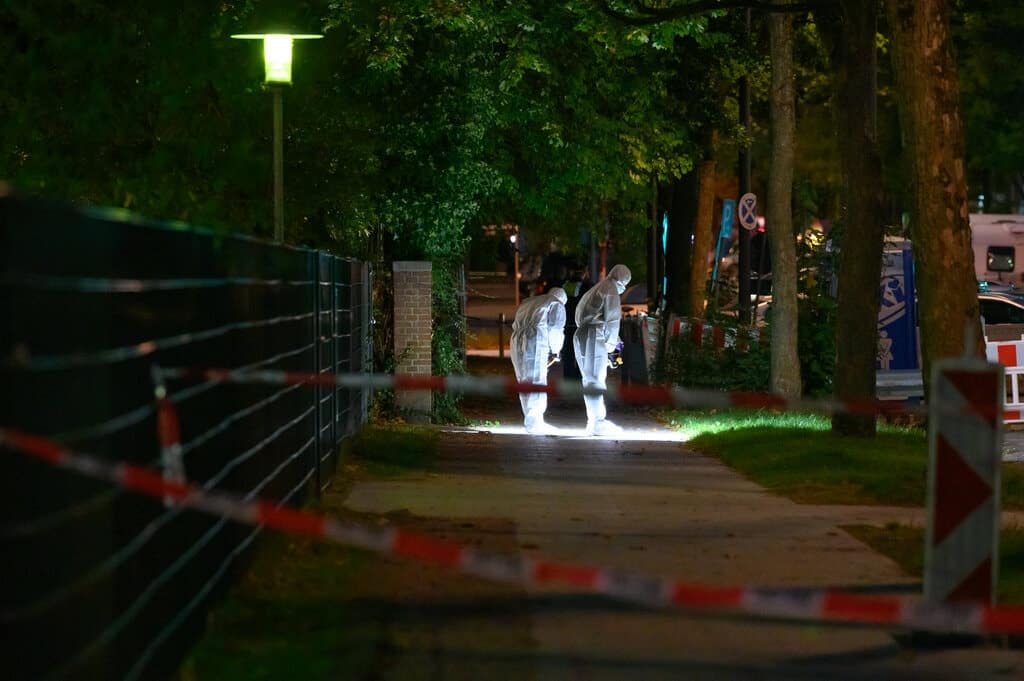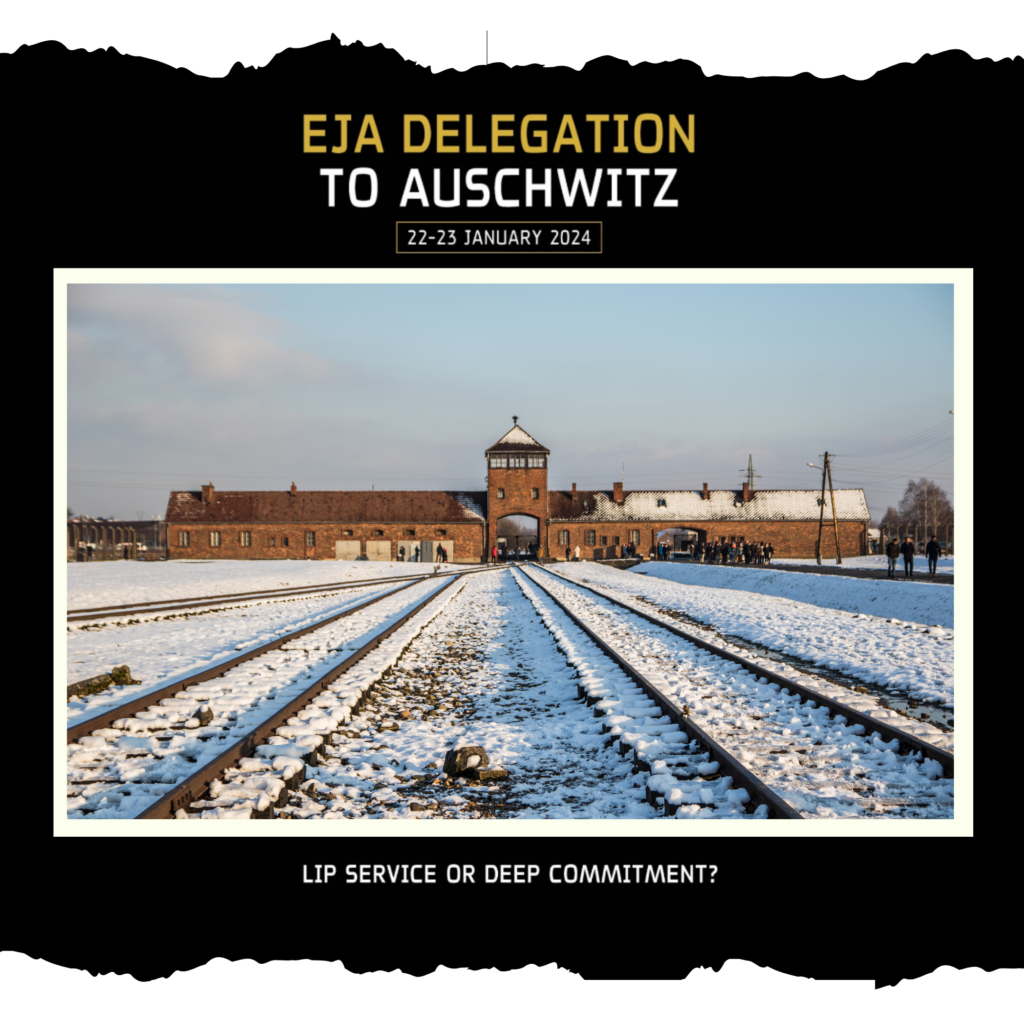Jewish freedom of religion is under direct attack across Europe from the very institutions that have vowed to protect our communities, says European Jewish Association Chairman Rabbi Menachem Margolin, after the Greek Supreme Court ruled that slaughter without stunning violates EU law.
The move comes as a consequence of the European Court of Justice Ruling last December that member countries may ban the practice of ritual slaughter in order to promote animal welfare, without infringing the rights of religious groups.
The December ruling said that the EU’s animal slaughter regulation “does not preclude member states from imposing an obligation to stun animals prior to killing which also applies in the case of slaughter prescribed by religious rites”, but encouraged member states to find a balance.
It is now clear that a number of member states are zealously applying the former whilst ignoring the latter.
In a statement this evening, the Chairman of the Brussels-based European Jewish Association, which represents hundreds of communities across the continent, said: “We warned in December about the downstream consequences that the European Court of Justice ruling carried with it, and now we see the outcome. Jewish Freedom of Religion is under direct attack. It started in Belgium, moved to Poland and Cyprus and now it is Greece’s turn.
“These direct attacks are coming from many of the same governments and institutions who have sworn to protect their Jewish Communities. What we are witnessing is rank hypocrisy. When it comes to antisemitism, governments and institutions rightly stand behind us. But when our faith and practice is assailed left and right by laws, they are nowhere to be seen, nowhere to be found. What use is it to protect Jews while legislating fundamental pillars of our religion out of existence?
“We will be urgently making representations to the highest levels of the Greek government to get direct answers to this simple but fundamental question: How can there be Jews in Europe if you keep bringing in laws against us?”
https://www.israelnationalnews.com/News/News.aspx/315829














